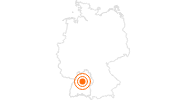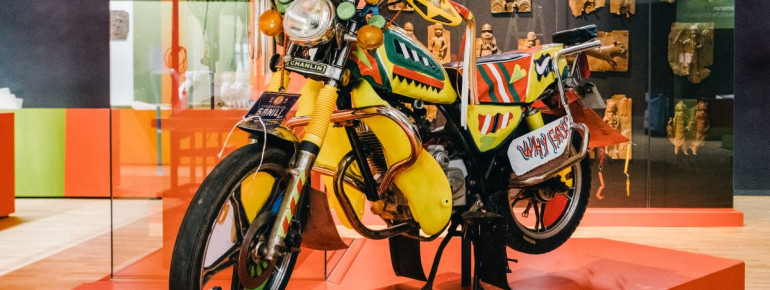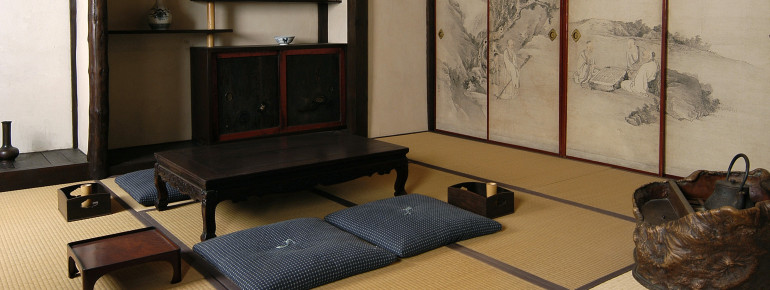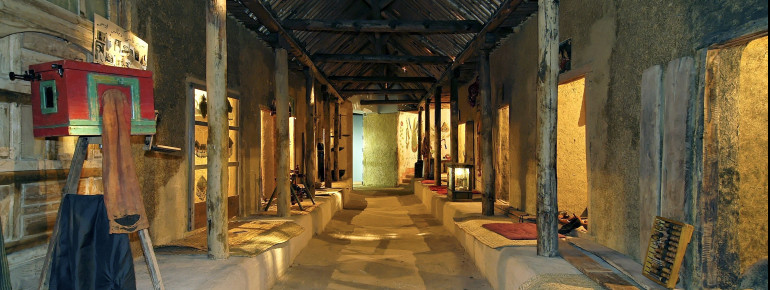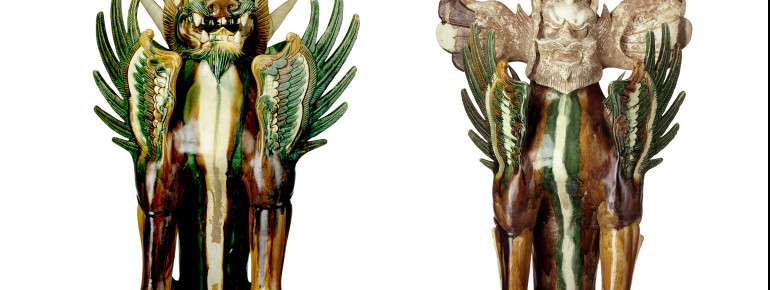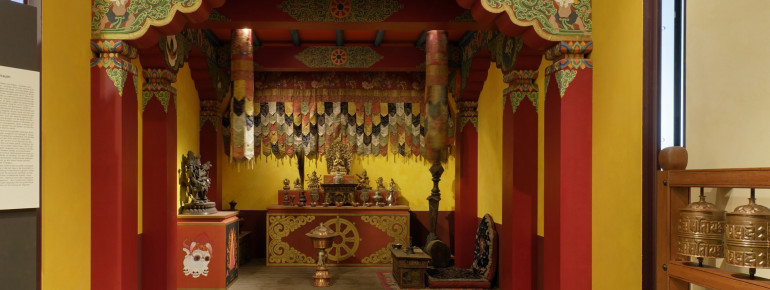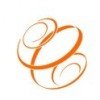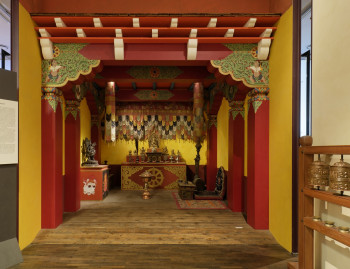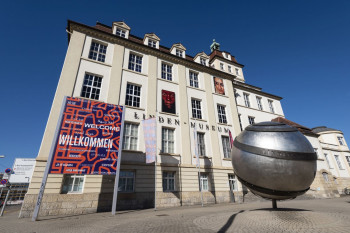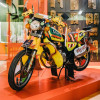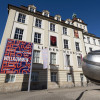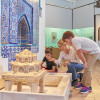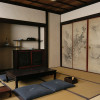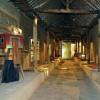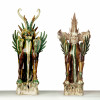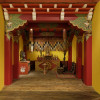Contents
Description
The Linden-Museum in Stuttgart is one of the largest ethnological museums in Europe. In addition to large special exhibitions, the museum presents permanent exhibitions on East Asia, South/Southeast Asia and the Islamic Orient. The museum also has top-class collections from Africa, Oceania, North and Latin America. The Linden-Museum is a vibrant place of encounter with the cultures of the world.
The Orient Department enjoys an excellent international reputation. In addition to valuable calligraphies, including from the estate of the orientalist Annemarie Schimmel, and precious ceramics and architectural fragments, the Stuttgart collection of oriental metalwork is particularly famous. With its Oriental exhibition, the Linden Museum introduces the viewer to the different worlds of life in the Islamic cultural area. It begins with the depiction of Islam as a book religion and, starting from there, spans the arch from feudal urban cultures to examples of peasant and nomadic life. A special attraction is the true-to-original replica of an Afghan bazaar street, which takes the visitor on a short journey to the Orient at the end of the exhibition.
The exhibition "Where is Africa?", which opened in 2019, invites visitors to get to know the contexts and narratives of our Africa collections in a new way and to critically question them together with us. The exhibition shows how the collections came into being, how they developed and which classification principles they followed. A large part of the objects from Cameroon, the Congo Basin, Mozambique, Nigeria and Tanzania entered the collections during the colonial period during the "Race for Africa" at the end of the 19th and beginning of the 20th century. Where is Africa? examines what history and stories are inscribed in the objects and what they (can) stand for today. The exhibition opens up a space for interpretation of cultural creativity, in which it is possible to approach a historically and aesthetically complex concept of "African culture". Where is Africa? pursues a process-oriented approach that questions the museum's sole authority of interpretation, presents a multitude of parallel narratives and poses important questions about our social coexistence today.
The South and Southeast Asia section covers India (including: ancient Afghanistan), Sri Lanka, Southeast Asia mainland and Java/Indonesia as well as Nepal and Tibet. The focus is on imparting knowledge about the great Indian religions and their social foundations from antiquity to the present. Their spread across South and Southeast Asia has had a major impact on the cultural history of all countries in this part of the world. Like the missionaries of Buddhism via the Silk Road to the Far East, the Buddhist monks and Hindu priests, together with the merchants, reached Thailand, Indonesia and as far as Vietnam, where new kingdoms based on the Indian model were established.
The East Asia section shows the cultures of China and Japan. Buddhism in its East Asian form provides the link to the South and Southeast Asia section. This is followed by the extensive complex "Chinese burial cult" with ritual bronzes and figurative burial ceramics as well as Chinese ceramics from over 6000 years. Painting (17th - 20th century) and arts and crafts (14th - 19th century) are also on display. Japan is represented with its painting (13th - 19th century) and arts and crafts made of various materials, some of which are exhibited in replicas of a teahouse and a traditional living room. A special feature of the department is its important collection of Chinese lacquer from two and a half thousand years ago and preciously decorated Japanese gold lacquer works, which, like the paintings, are replaced several times a year for conservation reasons.
Special exhibitions
Current special exhibitions are announced on the website www.lindenmuseum.de
Additional offers
After the visit of the exhibitions, the restaurant Hegel Eins will take care of your physical well-being. For groups of all ages, there is a very diverse range of guided tours that can be booked and which optimally convey the contents of the exhibition. Children's birthdays can become a very special experience in the Linden-Museum. The accompanying programme to the special and permanent exhibitions scores with many surprising formats.
Historical Information
The Linden-Museum Stuttgart was opened in 1911 and is named after its founder Karl Graf von Linden (1838 - 1910). Since 1973 the museum has been under the sponsorship of the state of Baden-Württemberg and the city of Stuttgart.
Interesting facts
- The day pass at Linden-Museum Stuttgart is €6 making it one of the 10 cheapest tourist Attractions in Baden-Württemberg.
How to get there
By public transport
The Linden-Museum is about 10 minutes' walk from Stuttgart's main railway station. From the main station:Bus 40 (direction Vogelsang) orBus 42 (direction Erwin-Schoettle-Platz)Stop: Linden-Museum/Olga-Hospital
By car
The main station serves as a point of orientation. From there follow the signs to the Katharinenhospital. Continue along Kriegsberg-straße until after a few hundred metres it ends in Hegelplatz, where the Linden-Museum is located.
Parking facilities
The Linden-Museum does not have its own parking spaces. Parking spaces are available in the Holzgartenstraße and Katharinenhospital multi-storey car parks.
